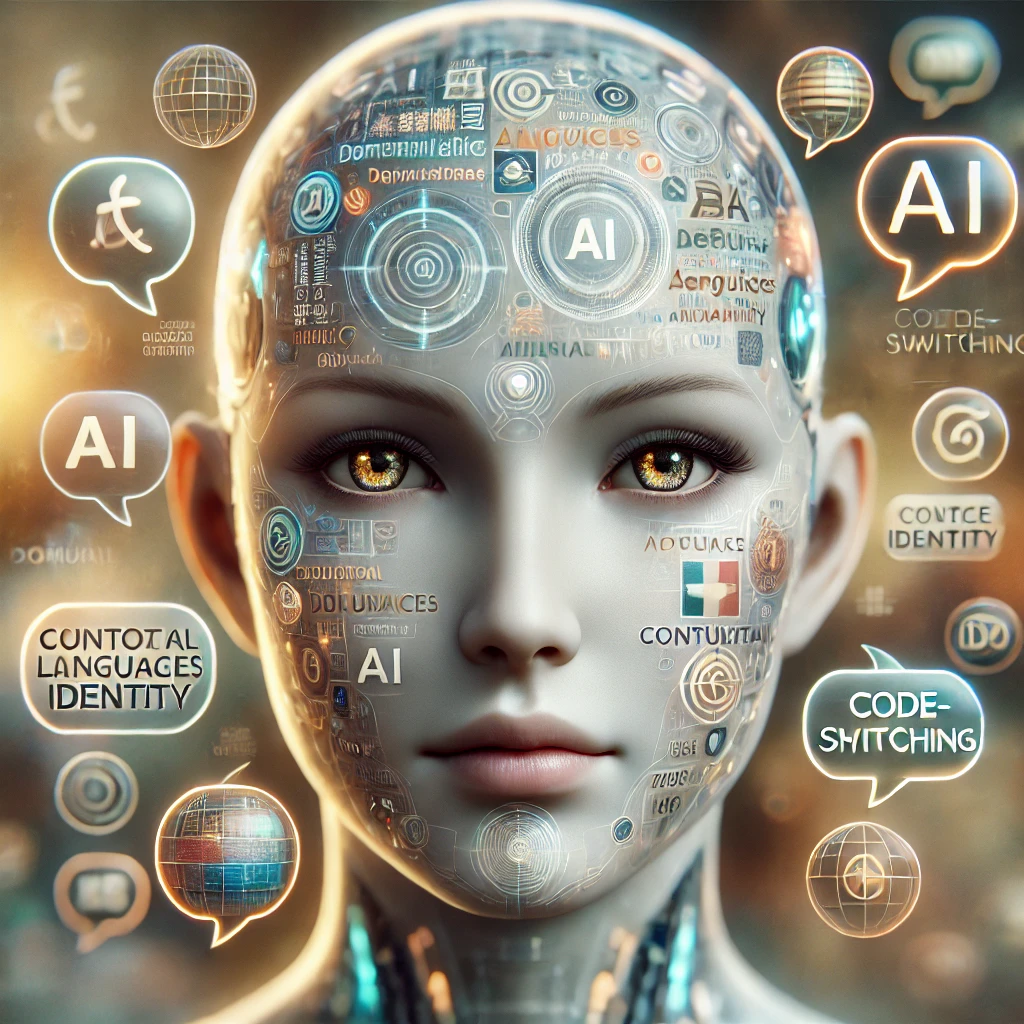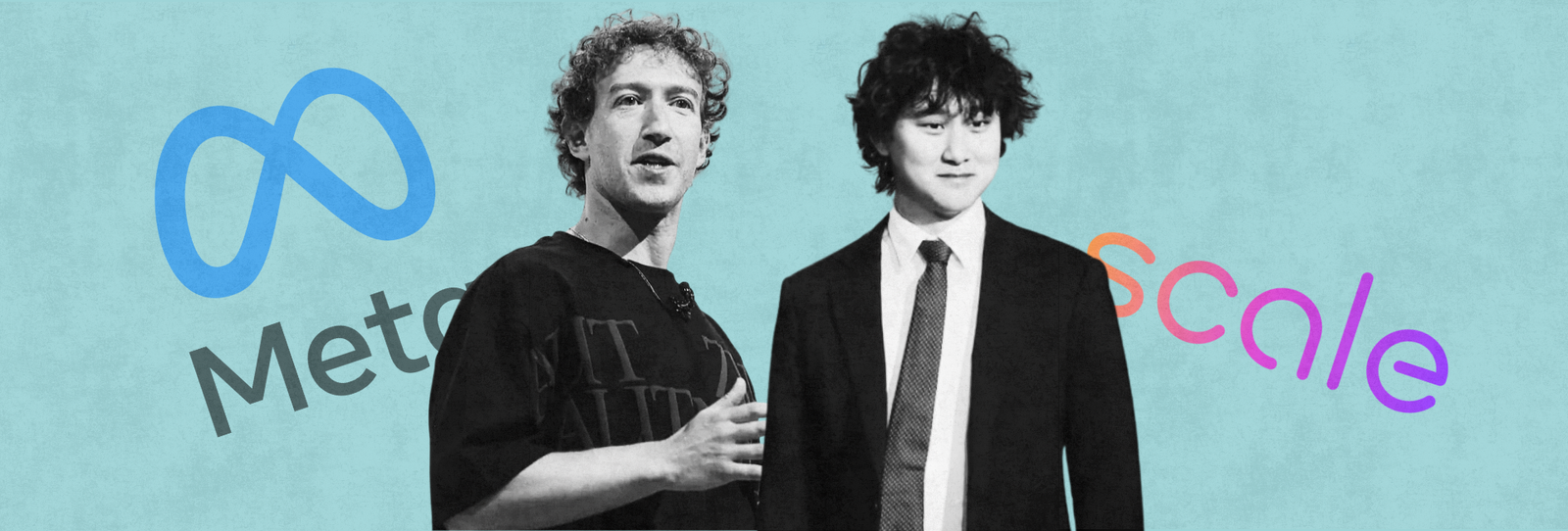Human personality is not a fixed entity; it is highly context-dependent. We naturally code-switch, adjusting our language, tone, and behavior based on our environment. The way we present ourselves at work differs from how we act with friends, interact on social media, or engage in deep introspection.
An AI attempting to fully replicate your personality faces a fundamental problem: which version of you should it model? Instead of a singular identity, an AI must account for multiple personas that shift based on context.
Unlike humans, AI does not “understand” personality in a meaningful way. Instead, it processes vast amounts of data to recognize patterns in your communication, preferences, and behaviors.
If an AI were trained on your work emails, social media posts, private messages, and conversations, it wouldn’t extract a single “true” personality. Instead, it would develop different personas based on how you behave in various situations.
Rather than capturing your essence, AI models operate probabilistically—predicting what version of you is most likely to appear given the specific context.
Because identity is fluid, an AI would likely construct multiple micro-personalities rather than one unified self. These could include:
• Professional Persona: Formal, structured, goal-oriented
• Casual Persona: Relaxed, humorous, emotionally expressive
• Online Persona: Performative, exploratory, sometimes exaggerated
• Introspective Persona: Private, reflective, deeply personal
An advanced AI would use contextual cues—who you’re talking to, the platform, time of day, and past behaviors—to predict which “version” of you should be activated.
From a psychological and neurological perspective, the idea of a single, consistent self is largely an illusion. Human behavior shifts due to external pressures, internal moods, and unconscious influences.
If an AI were to truly replicate human personality, it wouldn’t attempt to create a single, fixed model of you. Instead, it would need to mimic the inconsistency and adaptability of real human behavior—which is a far more complex challenge.
Even with access to all your personal data, an AI will always fall short of fully replicating your personality due to several key factors:
• Internal thoughts and contradictions – We often act differently than we feel.
• Unpredictability and free will – Humans are inherently chaotic and make spontaneous decisions.
• The evolving self – Who you were five years ago is not the same as who you are today.
An AI model can only approximate your personality—it cannot fully capture the depth, complexity, and contradictions that make you human.
At best, AI can build a dynamic, context-aware model that shifts based on different situations—just like you do. However, because human identity is fluid, evolving, and deeply personal, AI will always be an imperfect approximation rather than a true replication of who you are.



